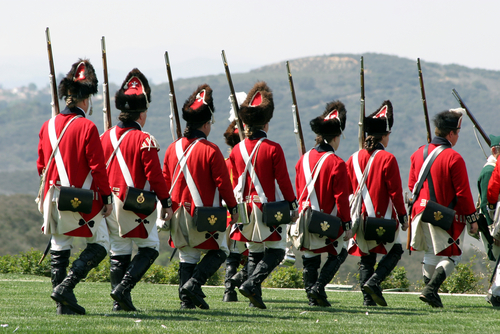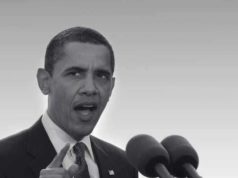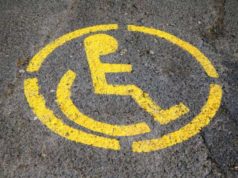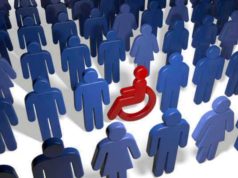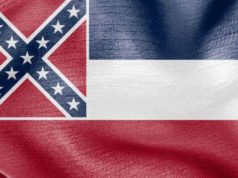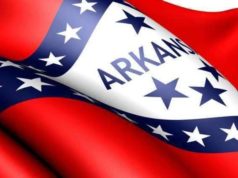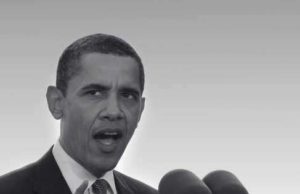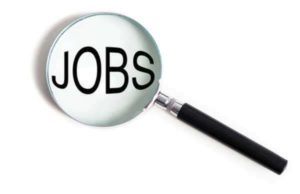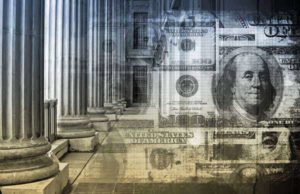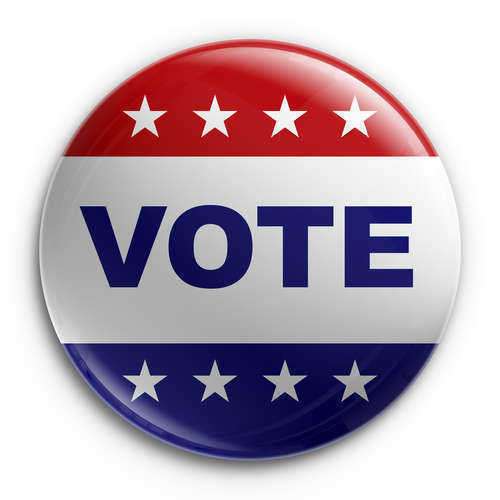
Summary of Open Primaries in the United States
Open primaries in the United States do not require voters to have affiliation with a party in order to vote for partisan candidates—mainly democratic and republican candidates. Open primaries differ from a closed primary which involves two rounds of voting. The first round of a closed primary only lets registered voters of an affiliation vote for a candidate. The candidate in each party that receive the most votes most on to another round where any registered voter can vote.
What States Allow Open Primaries?
The following states allow open primaries for the presidential election:
· Alabama
· Arizona (semi-closed)
· Arkansas
· Georgia
· Hawaii (semi-closed)
· Idaho
· Illinois
· Massachusetts (semi-closed)
· Michigan
· Minnesota
· Mississippi
· Missouri
· New Hampshire
· North Carolina
· North Dakota
· South Carolina
· Tennessee
· Texas
· Vermont
· Virginia
· Wisconsin
Other states allow for an open primary during elections other than the presidential race.
Advantages and Disadvantages of an Open Primary
In order to view the advantages and disadvantages, several questions must be posed:
Do Open Primaries Improve Choices for Voters?
The primaries would create more competition and allow the two favorite candidates to move ahead to the general election, but the primaries may nominate a person whose ideas do not entirely match with the party’s views. The primary would also reduce the chances for a third party to reach the general election.
Do Open Primaries Increase Voter Participation?
The primaries allow independents and third-party voters to participate, and the primaries help independents participate in the general election. However, the primaries can lower voter numbers because there are no two clear choices available.
Do Open Primaries Violate the Right of Free Expression?
This question is complicated because closed primaries can violate the free association as well. Since general elections are open, primaries are allowed to be closed because it helps the party choose the best candidate.
Does Open Primaries Encourage Voter Manipulation?
Voter manipulation can occur when members of another party vote for a candidate in the other party that will likely lose or help the opposing party’s chances. On one side, open primaries rarely create voter manipulation. However, the risk of voter manipulation is still there.
Do Open Primaries increase or decrease the power of the party?
Powerful parties prefer closed primaries because it helps them increase fundraising, but the open primaries help to seed out the best candidate regardless of affiliation. Opponents of open primaries argue that it can cause a candidate to become elected that has views outside of the party’s ideals.
Conclusion
Less than half of the states allow open primaries during the presidential nomination. The clear divide between state laws shows a strong difference of opinion in the United States. Closed primaries make it extremely difficult for a third party to gain momentum in a presidential election, but open primaries make it harder for the Republican and Democratic parties to make the best decision on a candidate.


